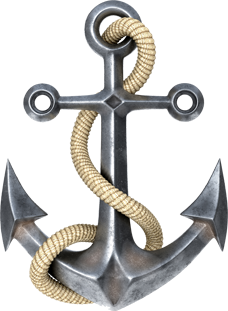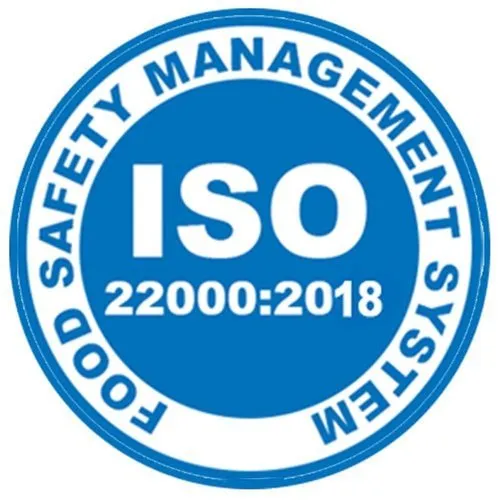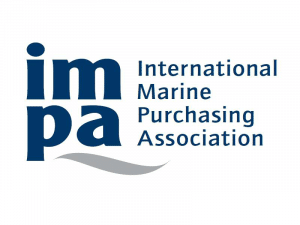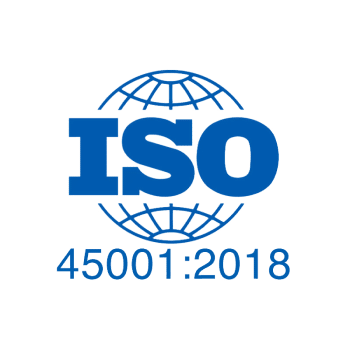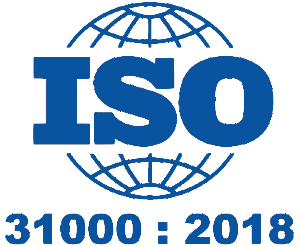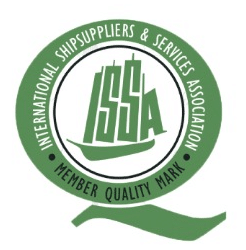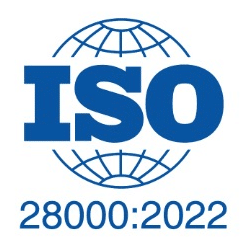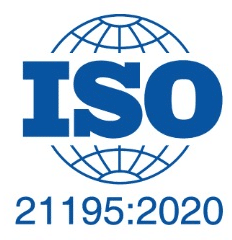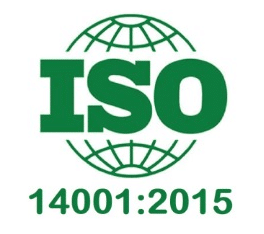Ever wondered which port in Bangladesh offers better ship supply services—Mongla or Chittagong?
If you’re managing vessel operations here, this question isn’t just academic. It can save you days of delay, tons of money, and a lot of frustration.
Chittagong and Mongla are the two biggest seaports in Bangladesh. Both serve as key hubs for ship chandlers, but their offerings and challenges differ quite a bit.
So, how do you decide where to dock and arrange your ship supplies?
Let me take you through a practical comparison of these ports based on real experience and insights.
Why Choosing the Right Port for Ship Supply Matters
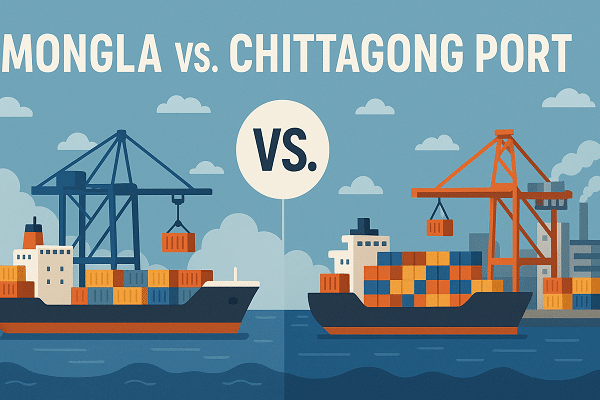
Ships don’t just come to port to drop off and pick up cargo. They need fresh provisions, engine parts, safety gear, fuel, water—you name it.
The efficiency and reliability of these supplies affect your vessel’s schedule, crew morale, and bottom line.
I’ve seen ships stuck waiting because parts weren’t ready or fresh food never showed up on time. The wrong port choice can multiply those problems.
So, buckle up—let’s see how Mongla and Chittagong stack up.
Location and Accessibility
Chittagong Port
Chittagong is Bangladesh’s largest and busiest seaport.
It handles over 90% of the country’s import-export traffic.
Its location near the Bay of Bengal makes it easily accessible for most international vessels.
The port has deep draft channels allowing larger vessels to dock.
It is well connected to road and rail networks, easing onward cargo movement.
However, the port’s heavy traffic sometimes causes congestion and delays.
Getting ship supplies on time can be tricky during peak seasons.
Mongla Port
Mongla is Bangladesh’s second-largest seaport, located southwest near the Sundarbans mangrove forest.
It is less congested than Chittagong and is growing in importance.
Mongla has a shallower draft compared to Chittagong, limiting very large ships from docking.
But the port offers a quieter, less hectic environment, which can speed up supply turnaround.
Access roads and rail links to Mongla are improving but not as developed as Chittagong’s.
Ship Supply Availability and Variety
Chittagong Port
Thanks to its size and volume, Chittagong offers a wide variety of ship supply options.
You’ll find chandlers stocking everything from fresh provisions to spare parts and safety equipment.
International brands for lubricants and marine chemicals are more readily available here.
Many chandlers offer 24/7 services to meet urgent needs.
Mongla Port
Mongla’s ship supply market is smaller but growing.
You may find fewer chandlers and a more limited stock of specialized items.
However, local chandlers often provide personalized service and can source items quickly if notified in advance.
If you need rare spare parts or international brands, plan ahead when docking at Mongla.
Customs Clearance and Documentation
Chittagong Port
Chittagong’s customs procedures are well-established but can be slow due to the high volume of shipments.
Experienced chandlers often help smooth the paperwork process to avoid delays.
However, sudden inspections or paperwork errors can still hold up supplies.
Mongla Port
Mongla’s customs offices handle fewer shipments, which can translate into faster clearance.
Less congestion often means less red tape.
That said, fewer experienced agents and infrastructure limitations can sometimes complicate complex shipments.
Cost Comparison
Chittagong Port
Due to competition among numerous chandlers, prices can be competitive.
However, congestion-related delays or urgent orders during busy seasons can push costs up.
Extra charges like demurrage or storage fees often apply if delays occur.
Mongla Port
Costs for supplies might be slightly higher due to less competition and fewer suppliers.
On the flip side, fewer delays and quicker turnaround can save money overall.
You might avoid heavy demurrage fees that happen at busy ports like Chittagong.
Crew Welfare and Support Services
Chittagong Port
More options for crew welfare—like internet cafes, grocery stores, and medical services—are available near Chittagong.
Crew change and visa services are easier to arrange here.
Mongla Port
Fewer facilities and services are available for crew near Mongla.
Planning ahead is essential for crew welfare needs.
Which Port Should You Choose for Ship Supply?
Both ports have their pros and cons.
If your ship is large, needs a wide range of supplies, or requires quick access to international products, Chittagong is probably your best bet.
If your vessel is smaller, and you want less congestion and possibly faster customs clearance, Mongla is worth considering—especially if you plan ahead.
FAQs About Ship Supply at Mongla and Chittagong Ports
Q1: Can all sizes of ships dock at both ports?
No. Chittagong handles larger vessels due to deeper drafts. Mongla is limited to smaller ships.
Q2: Is fresh food supply reliable at Mongla?
It’s improving, but Chittagong remains stronger in fresh provisions.
Q3: How fast is customs clearance at Mongla compared to Chittagong?
Mongla is generally faster due to less traffic.
Q4: Are spare parts and lubricants easier to get at Chittagong?
Yes, due to more suppliers and brands.
Q5: Which port is more cost-effective for ship supply?
Costs vary; Mongla may have higher prices but fewer delays, balancing out.
Q6: Is crew welfare better supported at Chittagong?
Yes, more facilities and services exist there.
Q7: Can urgent ship supply orders be fulfilled at Mongla?
Possible, but advance notice helps avoid delays.
Final Thoughts
Choosing between Mongla and Chittagong for ship supply depends on your vessel’s needs, size, and schedule.
Chittagong offers variety and scale but can suffer from congestion.
Mongla offers a quieter alternative but requires careful planning.
Have you faced challenges or surprises with ship supply at these ports? Share your stories in the comments.
If you want more insights about ship chandling in Bangladesh, check out our upcoming posts on “How to Choose the Best Ship Chandler” and “Tips for Smooth Ship Supply Orders.”
“Ships aren’t just metal and machines—they’re floating communities that need the right support to keep moving forward.”

